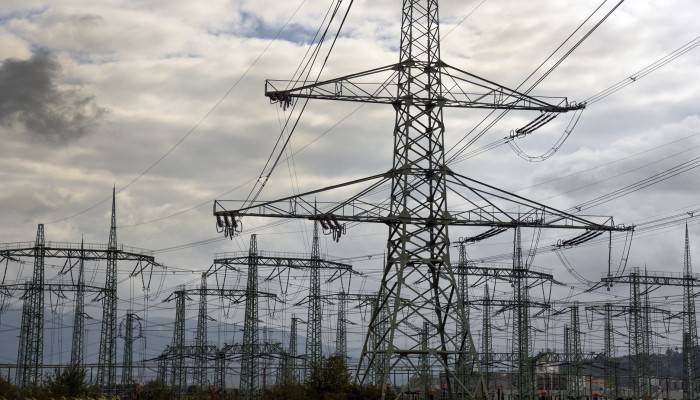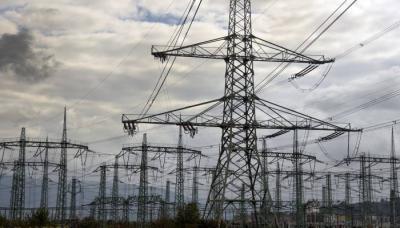Rising temperatures are a specter consuming infrastructure and affecting electricity. With temperatures reaching nearly fifty degrees Celsius, electricity companies and generators in many Arab countries are struggling. This has prompted governments to take extraordinary measures to face this challenge and reduce loads.
In Egypt, the duration of electricity load shedding has increased from one hour to three hours daily due to a shortage of the fuel and natural gas needed to operate power plants, as electricity consumption has exceeded 35,000 megawatts. Meanwhile, Kuwait, which usually witnesses the highest global temperature increases, has begun implementing scheduled electricity cuts in some areas as a precautionary measure to manage the significant pressure on the electricity network. The ministry announced the possibility of these measures continuing during peak times to ensure network stability and prevent any unscheduled outages.
Many Arab countries have urged citizens to rationalize electricity consumption, especially regarding the use of cooling devices. These decisions reflect the significant challenges facing the infrastructure of the region's countries, as the majority are unprepared to cope with temperatures exceeding fifty degrees Celsius.
Environmental and climate change expert Engineer Emad Saad explained during an interview with Sky News Arabia that there are several reasons for electricity outages, including:
- Firstly, the inability of current networks to meet community needs.
- Secondly, the continuous and severe rise in temperatures exerts significant pressure on the electrical grid, which is no longer capable of bearing the high energy consumption, especially with the increase in temperatures or energy demand.
- The increase in temperatures has a negative effect and noticeably heightens pressure on electrical networks without a doubt.
- Electricity outages cannot be the solution to managing electricity; instead, reliance must be on renewable energy resources available in Arab regions, which are characterized by the highest global solar radiation levels.
- Arab regions have abundant and free solar energy resources that should have been invested in long ago.
- Arab countries have begun investing in solar energy, albeit relatively late. For this reason, these countries will need many years to close the gap and effectively meet market needs.
- The opportunities afforded by natural resources in the region extend beyond achieving domestic sufficiency to the potential for exporting surplus clean and renewable electricity.
- The decision regarding renewable energy and investment in solar energy depends on decision-makers in any country around the world.
- The increase in temperature is attributed to climatic chaos resulting from excessive energy consumption over the past decades.
- Overconsumption of energy has intensified the greenhouse effect in the atmosphere, contributing to climatic changes that have led to rising temperatures in certain areas of the planet.
- Regardless of the location of individuals, institutions, or companies, a sense of responsibility towards the planet in which we live is extremely important.
- It is essential to adopt and change our lifestyle to align with practices of resource conservation such as water and energy, and everything else.
- The philosophy of conservation should be part of our culture, so that we commit to it willingly and with awareness before we are forced to do so.




